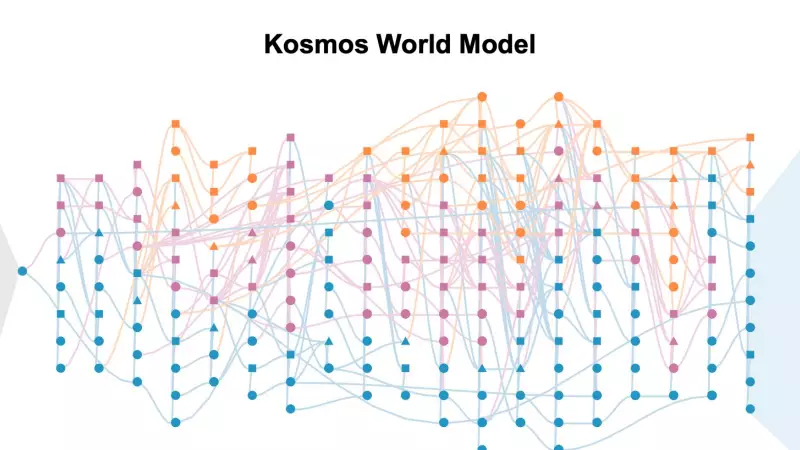
In a significant development for the scientific community, Sam Altman, the CEO of OpenAI, has publicly praised a new artificial intelligence research tool named Kosmos, developed by the non-profit FutureHouse. This endorsement highlights a growing trend where AI is poised to dramatically accelerate the pace of scientific breakthroughs.
What Makes Kosmos AI a Game-Changer?
Kosmos is being hailed as a next-generation 'AI Scientist,' specifically engineered to assist researchers and fast-track discoveries. The tool is a product of FutureHouse, an organization backed by former Google CEO Eric Schmidt, and its commercial arm, Edison Scientific.
The core innovation that sets Kosmos apart from its predecessors, like the limited 'Robin' tool, is its use of structured world models. This advanced architecture allows Kosmos to perform highly sophisticated analyses while using computational resources more efficiently. According to a company blog post, this model enables the AI to "efficiently incorporate information extracted over hundreds of agent trajectories and maintain coherence towards a specific research objective over tens of millions of tokens."
Sam Altman's Endorsement and Stunning Performance
Sam Altman expressed his excitement about the tool in a post on X (formerly Twitter) on November 16, 2025. He wrote, "This is exciting; I expect we are going to see a lot more things like this and it will be one of the most important impacts of AI. Congrats to the Future House team."
This praise is backed by impressive performance metrics. In a remarkable demonstration, Kosmos was able to reproduce unpublished scientific work in a single run, a task that took human scientists approximately four months to complete. Edison Scientific reported that a single run of Kosmos can accomplish work equivalent to six months of effort by a PhD or postdoctoral scientist.
Testing, Validation, and Future Implications
During its testing phase, Kosmos was used to publish discoveries in diverse fields, including neuroscience, materials science, genetics, and ageing research. It successfully matched three existing scientific findings and proposed four novel insights:
- Using higher levels of the antioxidant enzyme SOD2 to reduce heart fibrosis in humans.
- A new molecular explanation for how a genetic variant may lower the risk of Type 2 diabetes.
- A new method for analysing how tau proteins accumulate in the brain in Alzheimer’s disease.
- A large-scale analysis of ageing in neurons, identifying that certain neurons lose expression of flippase genes with age.
It is important to note that several of these findings are still undergoing validation through wet lab experiments. The company has also designed Kosmos with transparency in mind, ensuring that every conclusion in its reports is fully auditable and traceable back to specific code or scientific literature.
The buzz around Kosmos arrives as several AI startups race to develop specialized tools for science. Earlier this year, Google unveiled its own 'AI co-scientist.' While Altman and other tech leaders believe such tools will rapidly advance fields like medicine, some researchers caution that the large language models powering them are still prone to errors.
Currently, academics can use Kosmos for free with usage limits. A subscription plan is priced at $200 for 200 credits per run. The company notes that multiple runs may be necessary for some projects, as the AI can sometimes produce dead ends or follow statistically interesting but scientifically irrelevant patterns.





